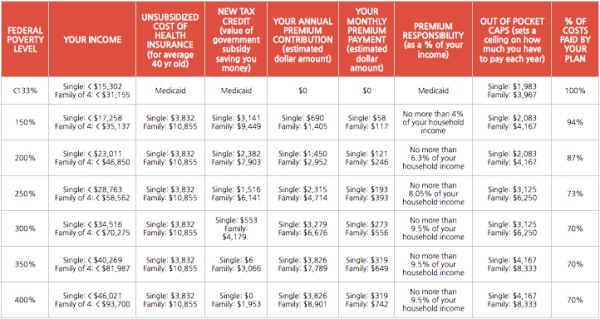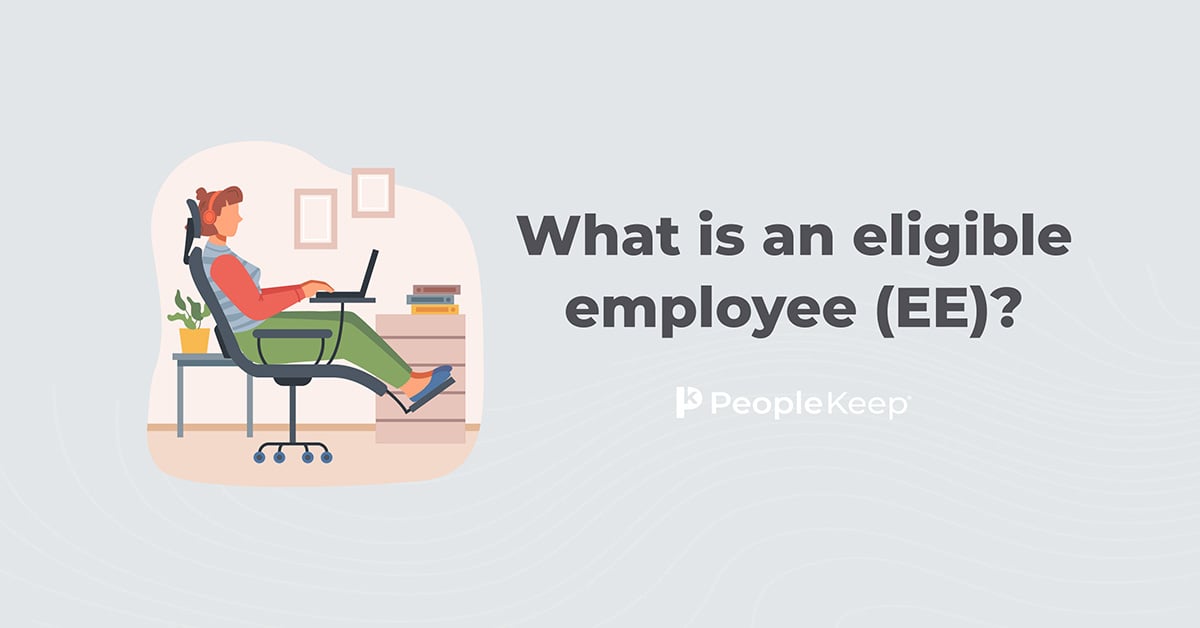Eligibility Requirements for Medicaid and Health Insurance Tax Credits
By PeopleKeep Team on August 4, 2013 at 12:00 PM
Under the Affordable Care Act (ACA) the eligibility requirements for Medicaid and individual health insurance tax credits are to be based on an individual’s modified adjusted gross income (MAGI). Previously, eligibility was determined by state-specified thresholds based on personal income and assets.
Medicaid Eligibility
Medicaid is a federal program that offers health services to low income individuals. ACA gives each state the option for Medicaid Expansion, which will broaden Medicaid coverage to include non-elderly citizens with incomes up to 138% of the Federal Poverty Level, as determined by their MAGI. The following groups will not be effected by the change in eligibility requirements:
- Individuals who are eligible for Medicaid through another federal or state assistance program (e.g., foster care children and individuals receiving SSI)
- The elderly
- Certain disabled individuals who qualify for Medicaid on the basis of being blind or disabled without regard to whether the individual is eligible for SSI
- The medically needy
- Enrollees in a Medicare Savings Program (e.g., Qualified Medicare Beneficiaries for whom Medicaid pays the Medicare premiums or coinsurance and deductibles)
In addition, MAGI does not affect eligibility determinations through "Express Lane" enrollment (to determine whether a child has met Medicaid or CHIP eligibility requirements), for Medicare prescription drug low-income subsidies, or for determinations of eligibility for Medicaid long-term services and supports. (Source: Congressional Research Service.)
Health Insurance Tax Credits Eligibility
The ACA requires that every state set up a health insurance exchange to provide a place for individuals and families to compare and purchase health insurance plans. Depending on an individual’s MAGI, they may be eligible for assistance to make coverage more affordable – this assistance will be provided through health insurance tax credits, as along as they are an applicable tax payer.
These tax credits will be advanceable and refundable, meaning that the taxpayer may claim the full credit amount before the end of the year, even if they have little or no federal income tax liability.
The amount a person will have to pay for their insurance premium will be capped as determined by what percent of the FPL their MAGI is. The most eligible tax payers will pay for their health insurance premiums will be 9.5% of their MAGI, the rest will be subsidized to them in the form of premium tax credits.

Source: Pennsylvania Health Access Network
Check out more resources
See these related articles

What is an eligible employee (EE)?
An eligible employee, also known as an EE, refers to an individual who meets the criteria to participate in certain employee benefit programs. Learn more in this guide.

Hawaii health insurance exchange guide
A Guide to Hawaii's Health Insurance Exchange. Learn more about where to find individual health insurance in Hawaii.

How HRAs affect premium tax credit eligibility
Learn how to coordinate tax credits with two of the most popular HRAs: the qualified small employer HRA (QSEHRA) and the individual coverage HRA (ICHRA).


